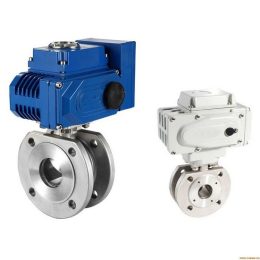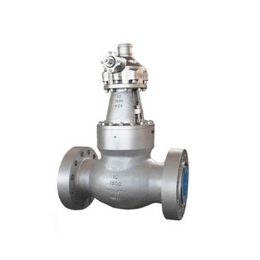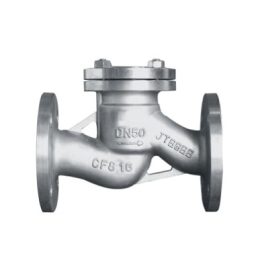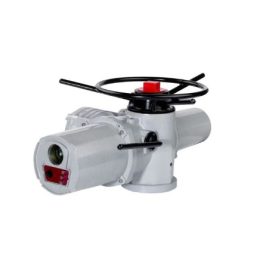The Importance of Automatic Control Valves in Industrial Processes
Valves play a crucial role in controlling the flow and travel of various fluids in industrial processes. Parameters such as temperature, pressure, and flow are taken into account when selecting control valves.
Commonly used control valves in factories include pressure reducing valves, pneumatic constant temperature valves, solenoid valve constant temperature systems, proportional control valve constant temperature systems, and temperature control valves. To achieve economical and practical purposes, numerous factors such as the type of heat engine, the required accuracy, the quality of the control valve, the pressure drop, the flow rate and its structure, the failure rate, the credit of the manufacturer, and the after-sales service should be considered when selecting automatic valves.
The use of automatic control valves is an essential part of operating efficiency and energy consumption reduction. Traditional manual and pneumatic valves are not as efficient as electric valves in terms of installation cost and efficiency.
Electric valves have the advantage of easy assembly, low failure rate, and meeting the automation needs of the industry, making them a more cost-effective choice. The general traditional pneumatic valve configuration requires the use of piping, solenoid valve and compressor to match, whereas the electric valve is driven by a motor, which is easy to install and hassle-free. Moreover, the electric valve can be installed with the original automatic control circuit of the factory, which can save other costs. The opening and closing of the motor drive is smoother, without the shortcomings of excessive momentary impulse, and the failure rate can be greatly reduced.
Contrary to popular belief, electric valves are not expensive and costly to use. In fact, when considering the total costs, traditional valves require the installation of many accessories and pipelines, making the price less dominant and resulting in higher maintenance costs.
- Casted Floating Ball Valve
- Pressure Seal Bonnet Check Valve
- Wafer Type Butterfly Valve Installation Instructions
- How Swing Check Valves are Tested and Inspected: A Comprehensive Guide
- Can Stainless Steel Flanges Be Corrosion Resistant?
- “Understanding the Versatile Functionality of Gate Valves in Fluid Control”



